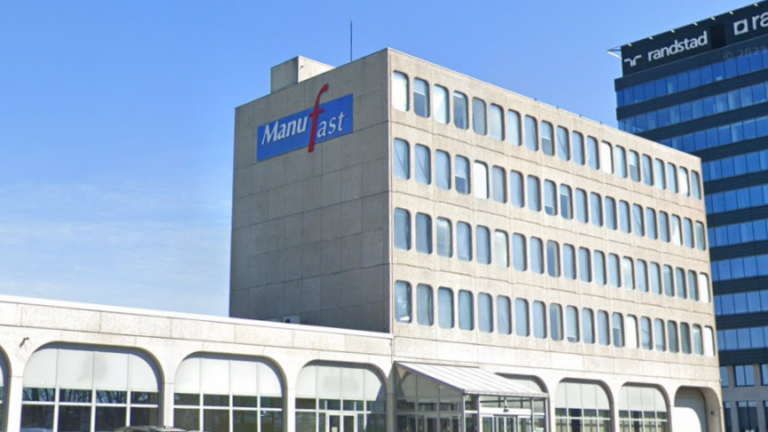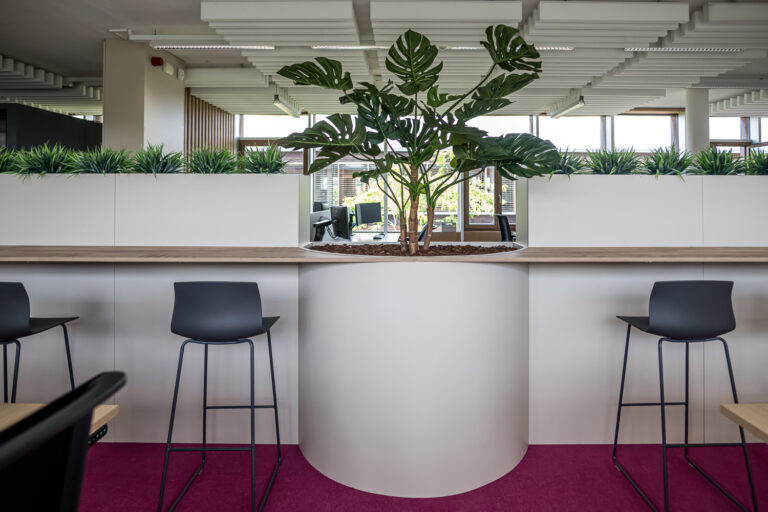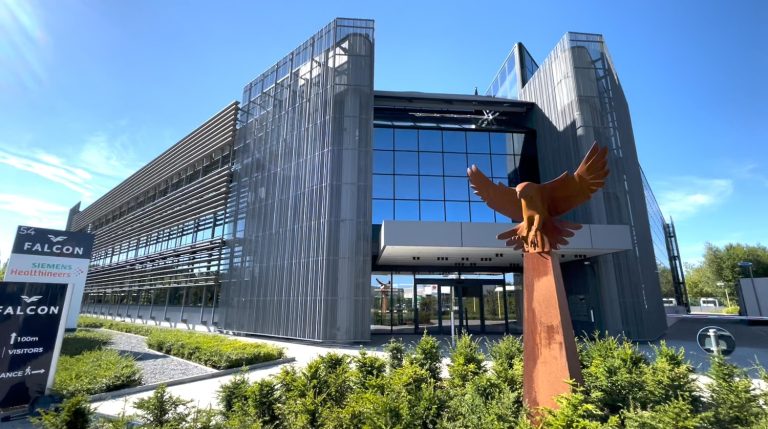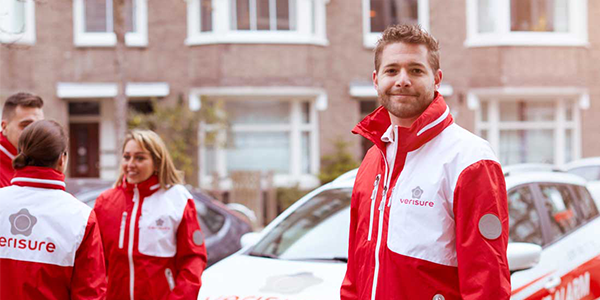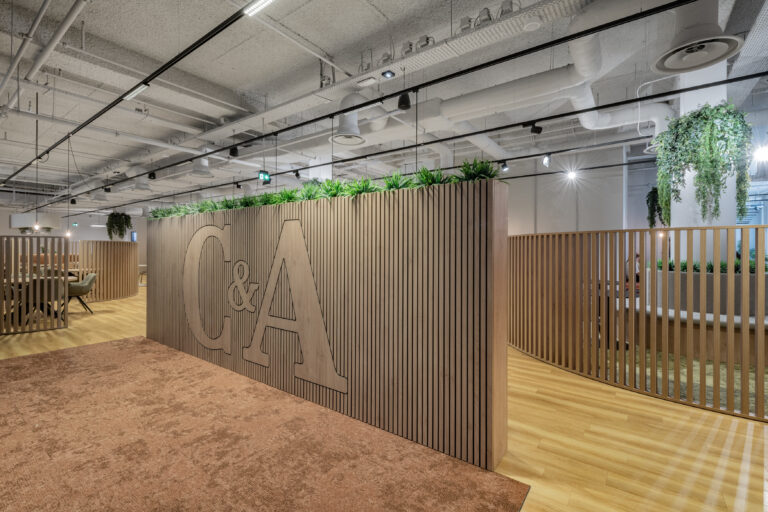Optimisation of office layout Eurocontrol
Too much office space, an outdated work policy that was not being followed, and skyrocketing costs to maintain half-empty buildings: anything but efficient. Eurocontrol had already realised this, which is why the European aviation organisation enlisted Meliopus to identify optimisation opportunities and steer the organisation back in the right direction.
The client
The European Organization for the Safety of Air Navigation, better known as Eurocontrol, is an international organization that works towards safe and seamless air traffic management across Europe. The organization has 41 member states and is headquartered in Brussels. Eurocontrol maintains relationships with key European and international aviation partners, such as national military forces, NATO, and relevant EU entities. It serves as the central hub for civil-military cooperation and tests new possibilities for a safe, efficient, and sustainable European aviation sector.
The assignment
Eurocontrol’s headquarters in Evere, consisting of three different buildings, was too large for its operations. Furthermore, these operations were still based on an outdated and hierarchical policy that no longer aligned with current trends in office work. Eurocontrol brought in Meliopus to investigate how the office spaces could be organised more efficiently and to identify which areas—staff, activities, and finances—could benefit from the reorganisation.
Our approach
1) Conducting a qualitative As-Is analysis
Before we could assess which processes or locations required optimization, it was essential to have a clear understanding of the current layout and ways of working. We delved into several areas, including:
- the existing workplace policy,
- gathering data on the number of employees and their roles,
- listing the types of tasks,
- the available and utilized space,
- mapping out the various costs, revenues, and expenditures of the different buildings.
We compared all this information with the results of a previously conducted audit and benchmarked it against similar public institutions. The conclusion of the study was very clear: Eurocontrol’s offices are unattractive, inefficient, uncooperative, and extremely costly.
2) Surveying the staff
During the preliminary research, we also engaged with both employees and management to identify the key conditions needed to optimize their work and office experience. In addition to logistical and financial optimisation, promoting staff well-being was a crucial goal. One of the main frustrations expressed was the outdated work policy, which was highly hierarchical and completely outdated, despite not being consistently enforced. We incorporated this valuable feedback into the development of various optimisation scenarios.
3) Developing various scenarios
Based on the As-Is analysis and the discussions with staff, we developed three scenarios, ranging from less impactful to a complete transformation. The first scenario proposed an update and simplification of the existing policy, provided that the policy would be applied accurately. In this case, the current office space and layout would remain unchanged, but greater clarity would improve both efficiency and employee well-being.
The second scenario focused more on a partial open workspace. This scenario would free up 6,000 to 9,000 square meters of office space and require an investment of €2.1 million.
Finally, we developed a third scenario based on activity-based working. In this scenario, we could completely vacate one office building, requiring an investment of €4.6 million. We also explored the possibility of subleasing the vacated building, but due to strict security standards at the site, this was not feasible.
4) Proposing a proof of concept
We presented the various scenarios to Eurocontrol, outlining the advantages and disadvantages of each, based on concrete data from our research. Following these discussions, the decision was made to develop a proof of concept for scenario 3, moving towards an activity-based workplace.
The result
After developing the proof of concept for an activity-based office design, the next steps were entirely in the hands of Eurocontrol. They proceeded with the project by issuing a tender, as is customary for government organizations. Meliopus was no longer involved in this process, but we laid a strong foundation for them to build upon.


